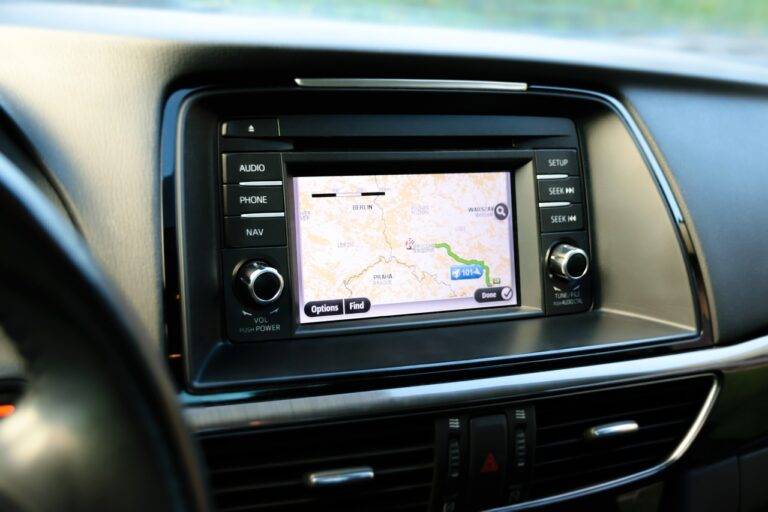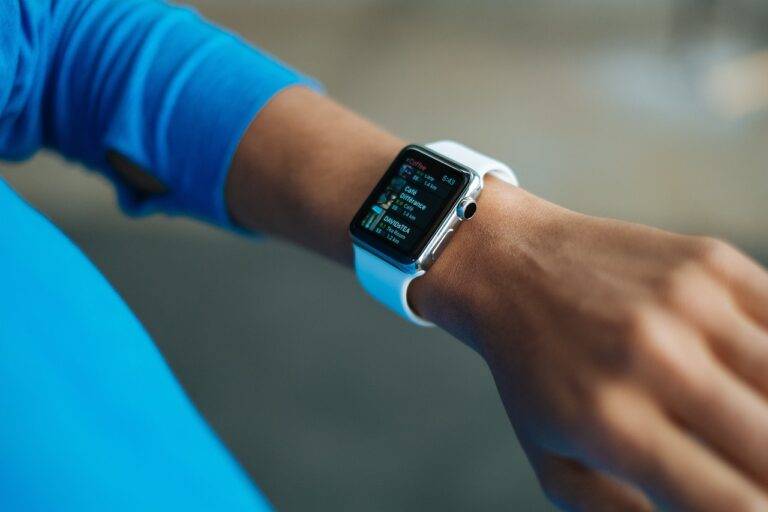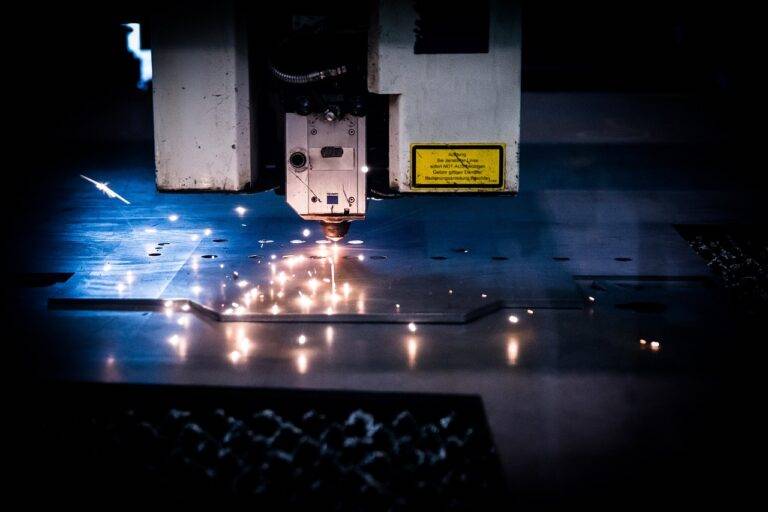The Impact of AI in Healthcare: Medical Imaging Diagnosis and Precision Medicine
Artificial Intelligence (AI) has emerged as a powerful tool in revolutionizing the field of healthcare by enhancing diagnostic accuracy. Through the utilization of advanced algorithms and machine learning capabilities, AI systems can analyze vast amounts of patient data to identify patterns and potential health issues with unprecedented efficiency and precision. This has the potential to significantly reduce the margin of error in diagnosis, leading to earlier detection of diseases and improved patient outcomes.
Moreover, the integration of AI technologies in healthcare settings has the added benefit of providing healthcare professionals with valuable decision support. By augmenting the diagnostic process with AI-driven insights, medical professionals can access real-time information and evidence-based recommendations, ultimately leading to more informed and accurate diagnoses. This not only streamlines the diagnostic process but also empowers healthcare providers to make well-informed decisions that can positively impact patient care.
Enhancing Medical Imaging Interpretation with Artificial Intelligence
Artificial intelligence has revolutionized the field of medical imaging interpretation by providing advanced tools for more accurate and efficient diagnoses. By utilizing AI algorithms, healthcare professionals can analyze complex imaging data with greater precision and speed, leading to improved patient outcomes. These intelligent systems are capable of detecting subtle patterns and abnormalities that may be overlooked by human eyes, thus enhancing the overall diagnostic process.
Moreover, the integration of artificial intelligence in medical imaging interpretation has the potential to streamline workflow and reduce the burden on radiologists and other healthcare providers. By automating certain tasks, such as image segmentation and analysis, AI technologies allow medical professionals to focus their time and expertise on critical decision-making processes. This not only increases the efficiency of healthcare delivery but also ensures that patients receive timely and accurate diagnoses, ultimately improving the quality of care they receive.
How can artificial intelligence improve diagnostic accuracy in healthcare?
Artificial intelligence can improve diagnostic accuracy in healthcare by analyzing large amounts of medical data quickly and accurately, helping physicians make more informed decisions.
What role does AI play in enhancing medical imaging interpretation?
AI helps enhance medical imaging interpretation by assisting radiologists in analyzing and interpreting complex images, such as MRIs and CT scans, leading to more accurate diagnoses.
Can AI completely replace human radiologists in medical imaging interpretation?
No, AI cannot completely replace human radiologists in medical imaging interpretation. While AI can assist in analyzing images and providing insights, human expertise is still crucial in making final diagnostic decisions.
How does AI technology contribute to personalized medicine in healthcare?
AI technology contributes to personalized medicine in healthcare by analyzing individual patient data to tailor treatment plans and predict outcomes based on specific characteristics and medical history.
Are there any limitations to using AI in healthcare?
While AI has shown great potential in improving diagnostic accuracy and enhancing medical imaging interpretation, there are limitations such as data privacy concerns, potential biases in algorithms, and the need for ongoing validation and monitoring of AI systems.





